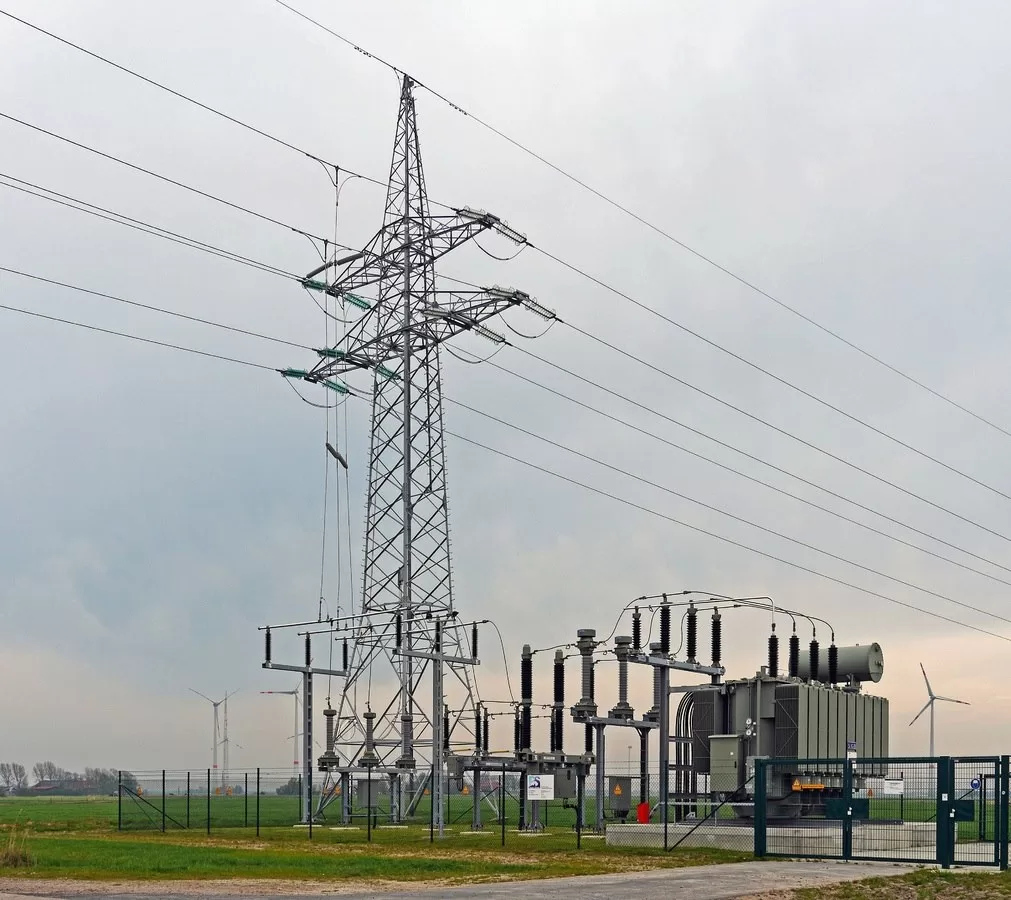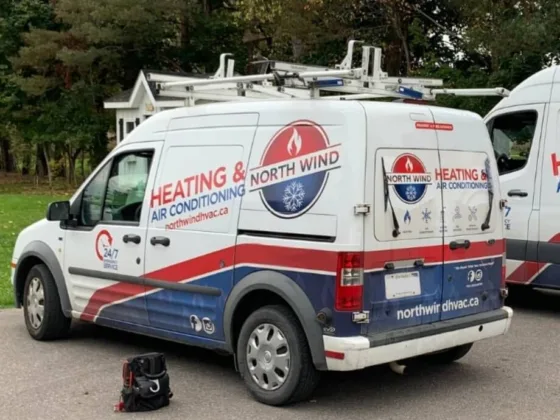Are you in NSW trying to choose an energy plan? When considering your options, you may come across fixed-rate and variable-rate energy plans.

Both have their advantages and disadvantages. Understanding the difference between the two options is essential when trying to make an informed decision about which one is right for you. In this blog, we’ll explore how these two plans differ and how you can determine the right one for you.
Fixed Rate Energy Plans
A fixed-rate energy plan is an electricity or gas plan that locks in the rate you pay for your energy.
Advantages
1. Price Stability
Fixed-rate energy plans guarantee that your energy bill will remain the same for the duration of the contract. So, you can budget accurately and avoid sudden price hikes.
2. Predictable Energy Costs
With these, you’ll know exactly what you’ll be paying each month, making it easier to manage your energy costs and plan for the future.
Disadvantages
1. Higher Long-Term Costs
Fixed-rate plans tend to be more expensive in the long run compared to variable-rate energy plans.
2. Lack of Flexibility
You’ll be stuck with the exact cost until the end of the contract. This means that you won’t be able to take advantage of any price drops in the market.
Variable Rate Energy Plans
Variable-rate energy plans, on the other hand, are subject to change based on the market rate.
Advantages
1. Potentially Lower Costs
These plans offer the potential for lower energy bills. Prices can fluctuate, and if the market price drops, you could benefit from it.
2. Flexibility
Variable-rate plans provide more flexibility, as you can switch to a different provider if the market prices are lower than your current rate.
Disadvantages
1. Price Fluctuations
There is no guarantee of price stability, as the energy market can be unpredictable.
2. Unpredictable Energy Costs
It can take time to predict your energy costs, making it hard to budget and plan.
Comparison of Fixed-Rate and Variable-Rate Energy Plans
To compare energy plans in NSW, you should carefully weigh the advantages and disadvantages of both fixed-rate and variable-rate energy plans. Consider your budget, energy usage, and lifestyle to decide which suits your needs best. Let’s compare the two in terms of cost, plans available and contract length.
1. Cost
The cost of fixed-rate plans tends to be higher than variable-rate plans. It is because fixed-rate plans typically offer a set rate for the contract period, regardless of market fluctuations or seasonal changes. Variable rate plans, on the other hand, can be subject to price changes over time depending on market conditions.
2. Plans Available
The range of plans available for both fixed and variable rate plans vary depending on the provider and your location. Depending on your needs, there are plans with different levels of usage and contract lengths.
3. Contract Length
The length of an energy plan contract can vary from 12 months to 36 months. Fixed-rate plans tend to have longer contract lengths than variable-rate plans, as they are more reliable and offer more predictability.
Considerations Before Choosing an Energy Plan
In terms of plans available, there are a variety of fixed and variable-rate energy plans to choose from. You can compare energy plans NSW offered by different electricity or energy retailers and consider these factors before purchasing one.
1. Location
Your location can influence the energy providers available, and the types of energy plans offered in your area.
2. Usage
Power usage will also play a vital role in selecting the type of energy plan best suited to your needs.
3. Other Factors
Other factors to consider include whether you want a green or traditional electricity plan and any additional features or discounts your chosen energy provider offers.
Final Words
Choosing between fixed and variable-rate energy plans in NSW can be overwhelming. It pays to shop around and compare offers from different energy providers.
Understanding the differences between the two can help you decide what energy plan is best for your needs. No matter which plans you use, the most important thing is to ensure you read and understand the contract before signing it.









